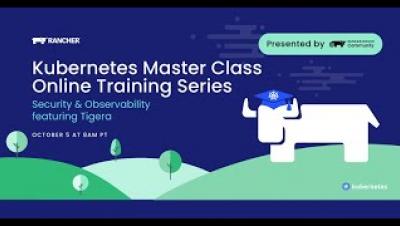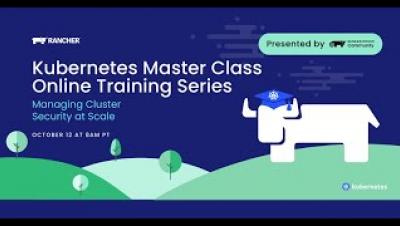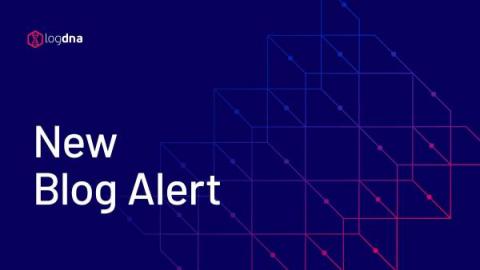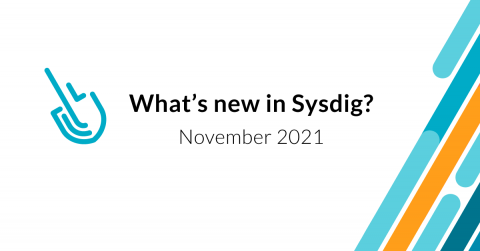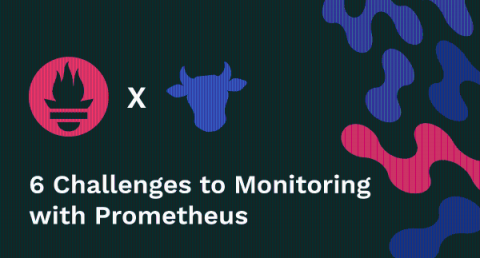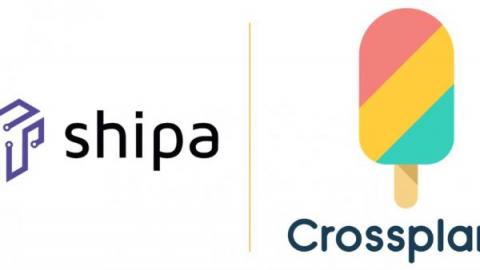Operations | Monitoring | ITSM | DevOps | Cloud
Containers
The latest News and Information on Containers, Kubernetes, Docker and related technologies.
Kubernetes Master Class Security & Observability feat. Tigera
Kubernetes Master Class Managing Cluster Security at Scale
Kubernetes 1.23 rc testing with MicroK8s
Today, Kubernetes 1.23 release candidate was made available upstream for testing and experimentation. General availability is planned for December 7th, so now is the time to report back any issues or bugs. Developers, DevOps and open source software enthusiasts can try out the latest features using MicroK8s. MicroK8s is a lightweight, CNCF-certified Kubernetes distribution with a streamlined UX.
5 Things Developers Need to Know About Kubernetes Management
Kubernetes management can be daunting for developers who don’t have specialized understanding of the orchestration technology. Learning Kubernetes takes practice and time, a precious commodity for devs who are under pressure to deliver new applications. This post provides direction on what you need to know and what you can skip to take advantage of Kubernetes. Let’s start with five things you need to know.
What's new in Sysdig - November 2021
Welcome to a new update of “What’s new in Sysdig.” Happy All Saints’/Souls’ Day! Happy International Pianist Day! Happy Thanksgiving! Happy Diwali! Glad alla helgons dag. The “What’s new in Sysdig” blog has been rotated to a new team, and this month, Peter Andersson is responsible for the publishing. Thanks to Chris Kranz for an excellent job compiling these articles earlier.
Turbocharging AKS networking with Calico eBPF
A single Kubernetes cluster expends a small percentage of its total available assigned resources on delivering in-cluster networking. We don’t have to be satisfied with this, though—achieving the lowest possible overhead can provide significant cost savings and performance improvements if you are running network-intensive workloads.
6 Challenges to Monitoring with Prometheus
If GitHub stars are any indication, Prometheus has been doubling in usage year over year since its inception. While at Moogsoft we love Prometheus as the metrics foundation of our observability platform, there were some challenges to overcome to make it the rock-solid piece of our stack it is today.
Crossplane and Shipa 101 - Your First Crossplane Abstraction
Kubernetes is viewed as one of the great equalizers between development and operations teams. Simply write a manifest and the declarative power of Kubernetes is off to fulfill your desired state. Kubernetes is certainly pluggable and has the ability to be extended / opinions being swapped internally. As any IT organization can tell you, even with Kubernetes there is a lot of integration work, and several parts of the stack such as IaC have been left outside of Kubernetes.



